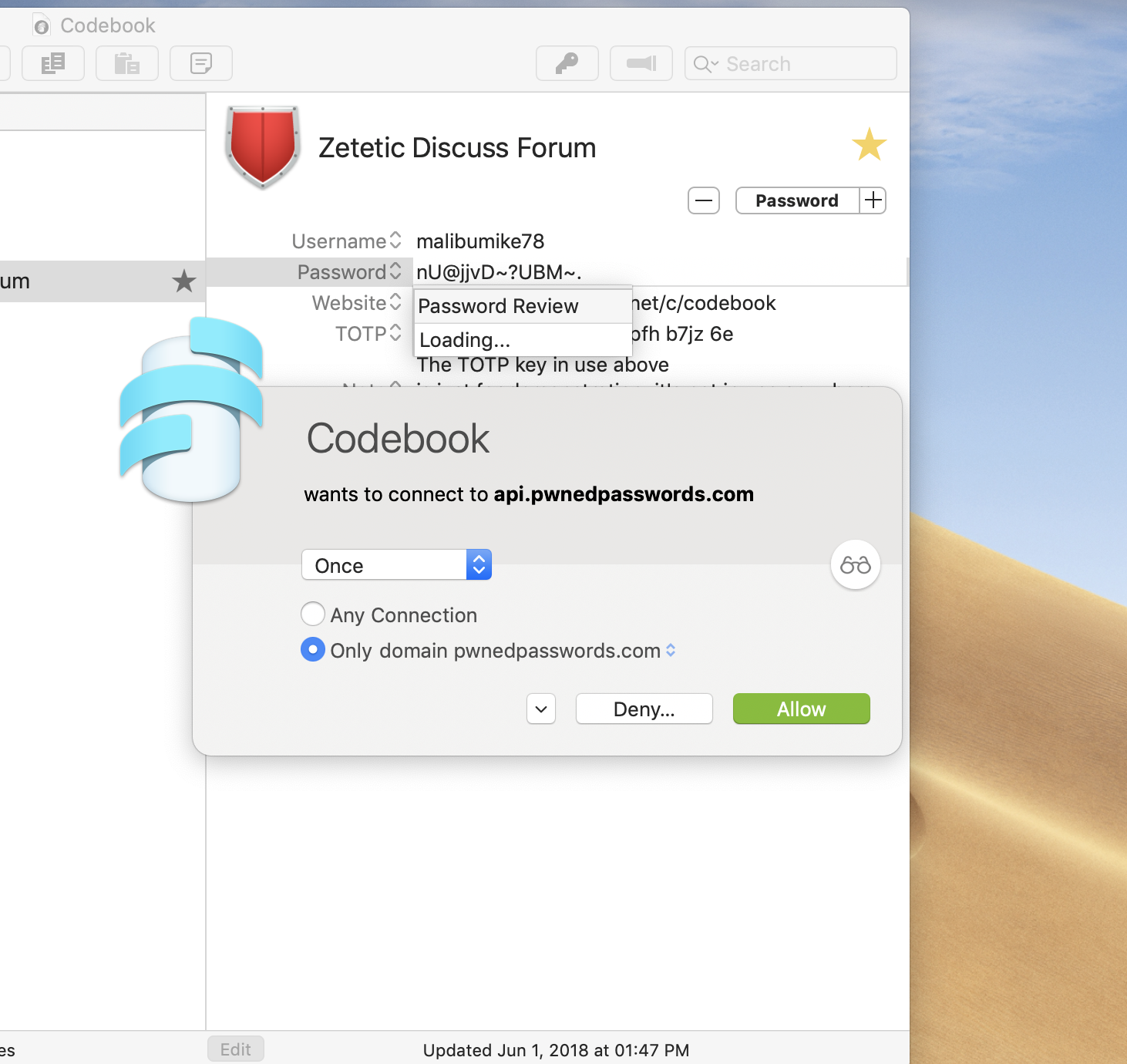Little Snitch Demo Period Has Expired
Posted By admin On 13.12.20- Little Snitch Demo Period Has Expired 2017
- Little Snitch Demo Period Has Expired 1
- Little Snitch Demo Period Has Expired Registration
- Little Snitch Demo Period Has Expired Time
Apr 01, 2020 This issue has been fixed. Fixed an issue where geographic labels on the map could be off by half a map width. Improvements in Little Snitch Configuration. Improved editing of a selection of multiple rules. In order to derive code identity information, Little Snitch Configuration must read the executable files of processes. The rule becomes inactive after a period of time or when a particular event occurs. Unapproved Rule: Rules are tagged as unapproved when they were created outside of Little Snitch Configuration. Unchecked Process: The rule does not check the process identity or it. Oct 07, 2019 The Network Monitor demo period has been reset to give users upgrading from Little Snitch 3 a chance to try the new version for another month. If the Network Monitor demo period has expired and the user turns on Silent Mode, we now show an appropriate message, but no longer ask for starting Network Monitor.
Little Snitch Demo Period Has Expired 2017
In some cases, Little Snitch automatically creates a rule for you, e.g. if you have selected Alert Mode but it was impossible to show an alert. These rules are often temporary rules. They are usually already expired when you open Little Snitch Configuration, but they contain valuable information about connections which were automatically allowed or denied and you might want to turn them into permanent rules. Little Snitch therefore preserves these expired rules as rule templates for you. Studio one 3.5 4. They are available in the Suggestions section of Little Snitch Configuration.
While loop dev c++. Rules which require your attention, e.g. because they are invalid or redundant are also listed under Suggestions.
Types of suggestions
- Expired temporary rules created by you. Instead of deleting these rules, Little Snitch lists them as suggestions because you may want to turn some of them into permanent rules.
- Temporary rules for connections which occurred before you logged in to your computer. Little Snitch denied these connections, short of a possibility to ask.
- Redundant Rules. You may want to delete them.
- Rules with unnecessary priority. You may want to lower the priority.
- Temporary rules that were automatically created after an alert timeout. Alert timeouts are off by default and can be enabled in Preferences > Alert > “Confirm connection alert automatically”.
- Temporary deny rules which were created automatically while an application captured the entire screen (like game often do) and Little Snitch could not show a connection alert. You probably won’t see the suggestion before the rule has expired.
- Temporary deny rules for incoming UDP and ICMP packets. Since it is not possible to show a connection alert for incoming UDP and ICMP packets for technical reasons, they are immediately denied and a notification is shown in the system’s Notification Center.
- Rules which do not check the process identity or match untrusted processes. Consider enabling the check for these rules.
- Rules that were created to prevent further network communication in case of a failed process identity check.
- Automatically created “localnet” rules for untrusted processes. You should review these rules and decide whether the process is legitimate and whether you want to allow or deny access. This automatism can be disabled in Preferences > Security > “Ignore code signature for connections to local network”.
- Rules for connections which occurred during Permissive Mode. If you restart your computer in permissive mode, Little Snitch automatically creates rules for all connections that occur before you log in. You should review them and decide whether they are necessary to allow you to log in.
Was this help page useful? Send feedback.
© 2016-2020 by Objective Development Software GmbH
Assuming you’ve downloaded the Little Snitch Disk Image (.dmg file) to your Downloads folder, open a new Terminal window and enter the following command to verify the cryptographic signature of the downloaded file:


Little Snitch Demo Period Has Expired 1
codesign --verify -R='anchor apple generic and certificate leaf[subject.OU] = MLZF7K7B5R' ~/Downloads/LittleSnitch*.dmg
Little Snitch Demo Period Has Expired Registration
If the result of this command is empty (no error message is shown), the file is intact and properly signed by Objective Development.
Little Snitch Demo Period Has Expired Time
However, if an error message is shown (like “not signed at all” or “failed to satisfy specified code requirement(s)”), this indicates that the file was maliciously modified and is no longer signed by Objective Development. In that case you should NOT open the disk image file.